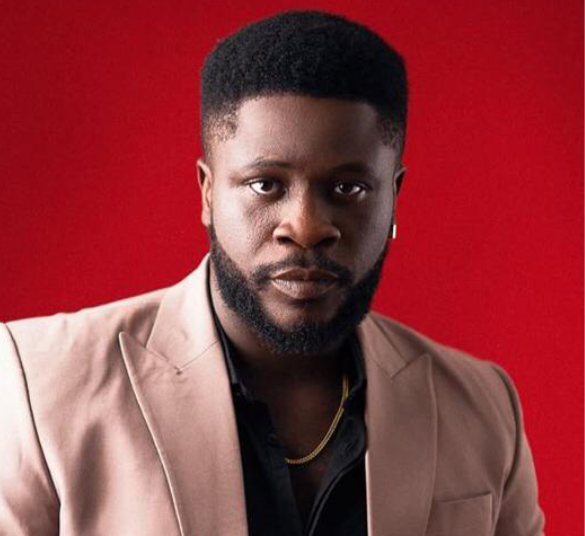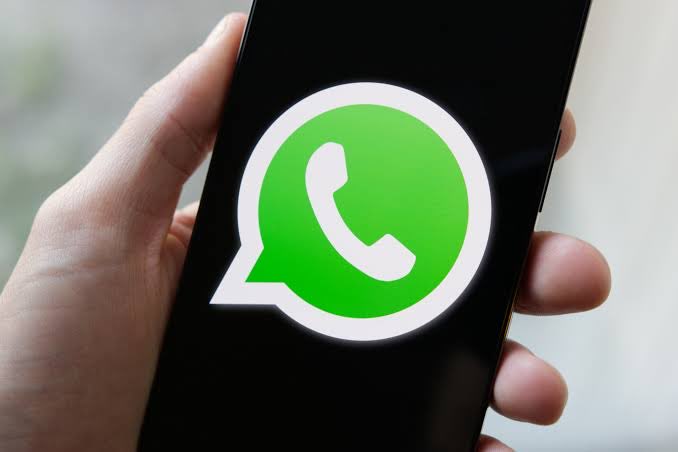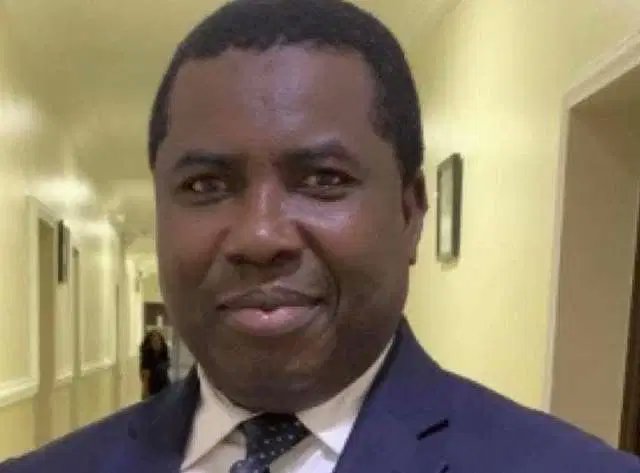
“I Fit Dey More Credible Than Your Family Doctor” – Crazeclown Fires Back After Questioning of His Medical Credibility

In a fiery online exchange that has taken social media by storm, popular Nigerian comedian Crazeclown, also known as Emmanuel Ogonna Iwueke, has stirred up controversy after clapping back at a man who questioned his medical credibility. The comedian, who is not just famous for his hilarious skits but also holds a degree in medicine, shocked many by declaring, “I fit dey more credible than your family doctor.”
The confrontation began on X (formerly Twitter) after Crazeclown made a health-related comment on a trending issue. While many followers took his words seriously, praising him for raising awareness, one user dismissed the comedian's input with a sarcastic jab at his qualifications. The post implied that Crazeclown had no standing to speak on medical matters, given his status as a skit maker. This didn’t sit well with the comedian, who wasted no time in addressing the slight with a bold, unapologetic statement that has since gone viral.
“I fit dey more credible than your family doctor,” Crazeclown tweeted in response, igniting both support and criticism across social media platforms. Fans and followers quickly rallied to his defense, pointing out that Crazeclown is a trained medical doctor who studied in Ukraine before fully venturing into the world of comedy. Clips and interviews resurfaced online, reminding many of his academic background and dedication to medicine before he transitioned to full-time content creation.
Crazeclown’s comeback has sparked a broader conversation about the identities of public figures and the tendency of social media users to undermine individuals simply because of their current profession. The notion that someone who is now known for making people laugh can’t simultaneously be a reliable source of serious information has drawn criticism from several quarters.
“People need to stop equating visibility with lack of depth,” one user posted in defense of the comedian. “Crazeclown didn’t buy a certificate off the street. He went to med school, he did the work, and he earned it. If he drops medical knowledge, it’s coming from a place of training.”
The incident underscores a growing trend in the digital age where entertainers and influencers are increasingly vocal about matters beyond their traditional lanes. For some, like Crazeclown, their backgrounds are far more diverse than what the spotlight might suggest. His ability to merge comedy with public education, particularly in health, is what has kept him relevant and respected among fans for years.
However, not everyone was convinced. Critics argued that once someone steps into the limelight as an entertainer, their professional credibility in other areas often becomes clouded. “This is not about disrespect,” one comment read, “but the moment you stop practicing and start making skits, you can’t expect people to treat your opinions like peer-reviewed science.”
Still, supporters of the comedian believe the problem lies not with Crazeclown’s multi-faceted career, but with society’s habit of boxing people into singular roles. The reality, they argue, is that many professionals shift careers or pursue passions outside their original fields, and that doesn’t erase their qualifications or expertise.
As the conversation continues to swell online, Crazeclown himself has maintained a calm but firm stance, reminding his followers that credibility isn't always about titles—it’s also about experience, intent, and integrity. In subsequent posts, he highlighted his medical training and his continued efforts to use his platform to promote health awareness, especially in underserved communities.
This isn’t the first time Crazeclown has used his voice to speak on matters that blend his background in medicine with his presence in comedy. During the COVID-19 pandemic, he was vocal in promoting safety protocols, often using humor to engage the public and dispel myths. His approach has long been praised for making serious information more digestible for the masses.
The tension between perception and reality on social media is nothing new. As users scroll through curated feeds and viral content, it becomes easy to forget that people are layered. Crazeclown’s retort, while sharp and confrontational, opens up an important dialogue about respect for professional diversity, especially in a world that increasingly values cross-disciplinary influence.
At the heart of the matter is the question: can someone who is known for comedy also be taken seriously in matters of science and public health? For many, Crazeclown represents a modern Nigerian archetype—someone who has the education, the skill, and the platform, and chooses to use all three in unconventional ways. His ability to oscillate between roles, from doctor to skit maker to social commentator, may be uncomfortable for some but is a reality of the digital age.
The drama, though sparked by a seemingly casual comment, reflects deeper societal attitudes. In a country where credibility often hinges on public image, Crazeclown’s response challenges the status quo. By stating that he could be “more credible than your family doctor,” he not only defended his own expertise but also turned the spotlight back on a culture that sometimes values appearance over substance.
For now, the comedian seems unfazed by the backlash. His fan base remains strong, and many are applauding him for standing his ground. Whether you agree with his tone or not, one thing is clear: Crazeclown isn’t just out to make people laugh—he’s also ready to remind them that behind the punchlines lies a man with knowledge, credentials, and a voice that resonates beyond comedy.
As the dust settles, this episode may serve as a lesson in humility and awareness for critics quick to dismiss others based on superficial impressions. Crazeclown’s statement may have sounded like a joke, but it came from a place of real pride in his journey. And in an era where credibility is constantly challenged and redefined, sometimes it takes a comedian to deliver the truth with just the right amount of sting.


